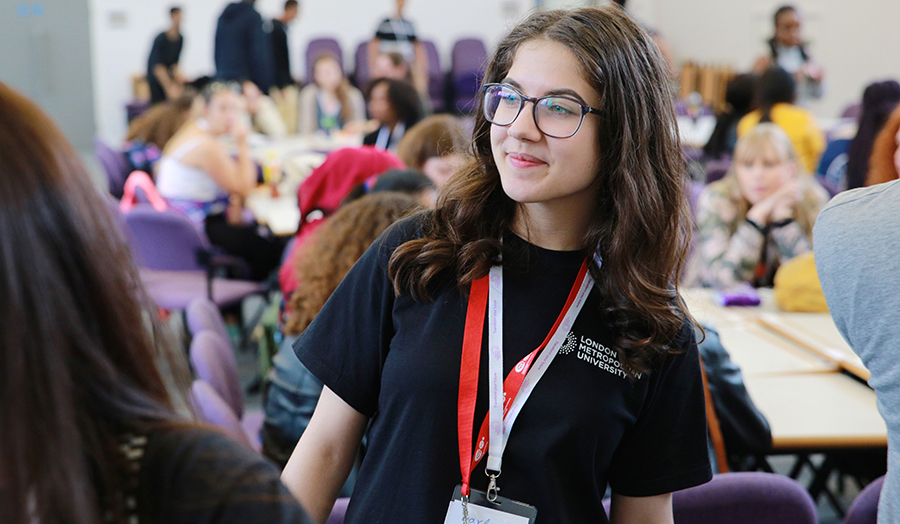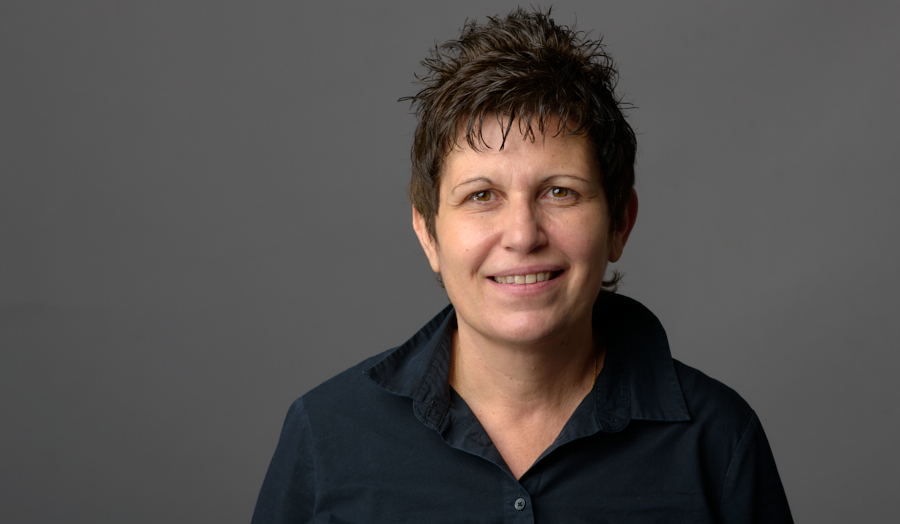Project overview
Although transnational families (TNFs) are not a new phenomenon, they have only gained academic interest in recent decades. TNFs reflect critical social, economic, and political aspects of globalisation, separate from, but still linked to, the concept of “migrant families”. The shift from migrant families to TNFs can be seen as a re-conceptualisation of migration as an “uprooting” life event to the idea that migrants maintain ties to their home societies in many ways (Glick, Schiller et al., 1995). Higher education institutions (HEIs) in the UK have recently welcomed an increasing number of international students – especially women – who face a number of challenges as they have to leave their families physically but maintain contact digitally. Things became even worse during the COVID-19 pandemic and these women are still trying to cope with the challenges and the impact of the pandemic on themselves and their families (Schrooten, 2021; Schrooten et al., 2016).
40 female international students will be interviewed, to explore their experiences and barriers they face and possibly unravel how HEIs can support their international students living in transnational families, especially when they, ie, have to care for vulnerable members and maintain their contact with their families when studying abroad at the same time (Baldassar et al., 2016; 2020). The project will hopefully reveal the challenges, ie, academic, personal, digital and professional that these female students face when they need to find a balance between their caring responsibilities and their academic performance. The research will offer recommendations for senior leadership teams, policy-makers, educators, academics and stakeholders on how they can support these students and facilitate their communication with their families. It will also offer recommendations to prepare HEIs for the effective management of future crises such as the COVID-19 pandemic as HEIs need to cater for their students and their families’ well-being and mental health
More information
The current study explores the experiences of women who choose to migrate to study abroad and of women refugees who study in the UK. The geographical distribution can also vary, from families spread across just two – sometimes even neighbouring – countries (binational), to families dispersed over different countries and continents (multitransnational) (Bryceson, 2019) and families that include highly mobile migrants (Schrooten et al., 2016). Transnational families (TNF) have become embedded in ‘polymedia environments’ where various media are used to maintain family ties, transforming not only how families communicate but also haw the imagine themselves and how they organise their lives (Madianou, 2019). Several researchers brought forward unpublished evidence that the Covid-19 pandemic represents another intensification for the use of digital communication tools in TNF. Several factors in society indicate that the profile of TNF and the realities they face are changing sharply and rapidly, affecting not only TNF itself, but also European, national, and local social policies and the whole social and societal field. They also affect higher education institutions (HEI) as they tend to welcome an increasing number of female students living in terms of transnational families.
The current study therefore aims to address the following research questions:
- What are the experiences of female international and refugee students living in TNFs during and after the pandemic?
- Which are the barriers female refugee and international students living in TNFs face in the post-Covid-19 era as they try to balance their caring responsibilities and their studies?
- How can HEI support female refugee and international students living in TNFs?
This study will use a mixed methods approach. Through semi-structured interviews, data will be collected from 40 respondents.
The study will present findings from an international study which aims to shed some light on international female students’ experiences when living in TNFs.
- Presentations at various international conferences
- Preparation of an article


